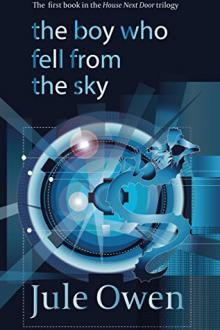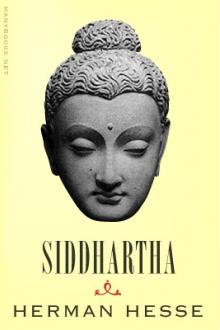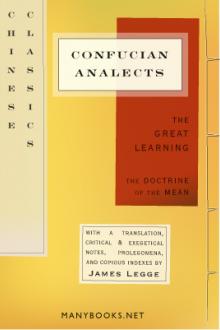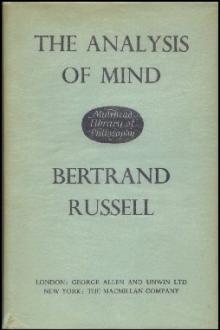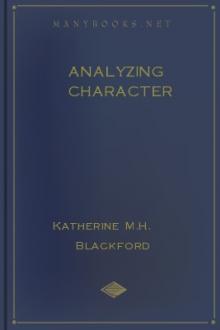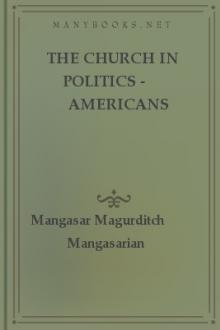Is Life Worth Living Without Immortality?
Book Excerpt
It will be seen by what has preceded, that Prof. James of Harvard University, throws the weight of his influence on the side of those who have always maintained that God and immortality are indispensable to the happiness of man. In his opinion, what a man would be if deprived of his reason, the universe would be if deprived of a God, and life, of a future existence. The eminent psychologist takes the further position that it is immaterial whether or not there is any evidence to prove the existence of a God or of a life after death. If the belief is essential to our happiness and usefulness, he thinks we have got the right to entertain it, irrespective of the question of evidence. "If there is a belief of any kind to which you have taken a special fancy, or one that you feel like crying for," the professor seems to say, "help yourself to it; you have only yourself to suit." Even if such a belief should involve an element of risk, we are urged to take the risk. If it requires audacity even to
Editor's choice
(view all)Popular books in Philosophy
Readers reviews
Not an atheist, Mangasarian became an agnostic and an advocate of Epicureanism.
There is little of merit in this essay. Even though educated at Princeton, his ignorance of various Christian doctrines such as the problem of evil and definitions of basic words such as faith and sin show a surprisingly shallow understanding. Sensible people, whether rationalists or metaphysicians, will balk at his comment that non-white races don't commit suicide as they are not intelligent enough to understand existential despair or that physically healthy Rationalists are only those capable of experiencing true happiness (and Mangasarian's definition of happiness is amazingly shallow).
Best to look elsewhere except for those interested in historical pieces of philosophy.
- Upvote (0)
- Downvote (0)
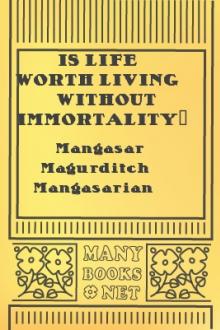
 Free Download
Free Download